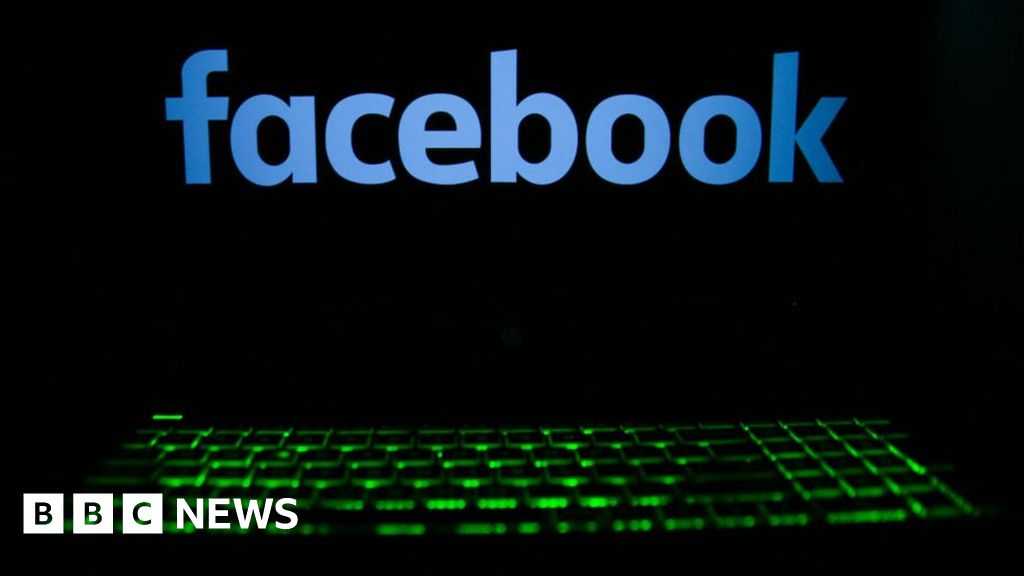National Review
Black Fathers Matter
A handful of young black men get unjustly killed by police, millions of young black men grow up without fathers, and it’s utterly obvious which problem does more damage overall. Yet the entire weight of the culture denies what is staring us in the face. Concrete Cowboy, a wonderful Netflix film about a black teen named Cole who gets rescued from drug-dealing street life by his father’s tough love, is an inspiring and beautiful story. But it’s also an important one, an unanswerable argument about how young black men, like everyone else, can achieve success: hard work, discipline, focus, rejection of criminal misadventures. Paternal figures are vital to their formation, and rarely has a film made the case more stirringly than this one. It is a brisk rebuke to so much that is noxious and misleading about what media, cultural, and political figures tell us every day. The thesis, stated a couple of times, is simply this: “Hard things come before good things.” Everyone must be taught this, especially young people, and especially young males. Why are we so averse to saying it? After Cole (convincingly played by Caleb McLaughlin from Stranger Things) gets kicked out of school for fighting, his exhausted mama kicks him out of the house: She is done playing. She sends him to his estranged dad, Harp, played with quiet masculine gravitas by the always-great Idris Elba, the London-born actor who disappears into the role of an ex-con who found a calling and meaning on horseback in North Philadelphia. Harp even keeps a horse in his row house. Horses? In Philadelphia? Yes, the movie is inspired by the proud subculture of black horse enthusiasts (there are no cows around, but I suppose “cowboys” will do as a shorthand term) that still exists in the Fletcher Street area, within sight of Philly’s skyline. Meanwhile, in the worst parts of the city, Cole is sorely tempted by the attractions of the gangland life as personified by his friend Smush (Jharrel Jerome). Smush recruits Cole to some drug business, and even presents his friend with some brand-new, snow-white kicks as a welcome present. In other words: On the streets, good things come before hard things. What could be easier than going along with Smush’s plan? Obviously he is smarter than the neighborhood drug kingpin, who dislikes it when others deal on his turf. Combining two familiar genres — hip-hop meets clip-clop — creates a completely fresh and astonishingly effective synthesis. Cole lives in two worlds at once; one is daylight, grass, animals, and the warmth of a deeply rooted community with shared interests and a nurturing spirit; the other is nighttime, streets, drugs, and extremely dangerous people who kill one another for a few bucks. The term “riding,” whether in cars or on saddles, carries two distinct and opposing meanings. In the first instance, the likely destination is prison or early death. In the second, it means proceeding on a trail established by a father. At the stables, where one horse is the animal equivalent of Cole, wild and undisciplined, the young man learns the redemptive power of mucking out stables in a mesmerizing scene. It’s disgusting, bone-wearying work. In his first feature film, director Ricky Staub, who also co-wrote the script (based on a more pointedly titled book, Ghetto Cowboy), patiently develops just how much grit it takes for Cole to get through this first day on the job. Cole could be any young man in any tough, physical activity, from sports to the military to blue-collar labor. Such toil is how young men are built. “Horses ain’t the only thing that need breaking around here,” Cole is told, and he is asked, “What, you too dumb to play by some rules?” As if to underline the differences between his two worlds, a big lump of dung spills on his immaculate new sneakers. For the Coles of the world, there almost has to be a father, or at least a father figure, providing stern guidance, because mothers do not wield the same level of authority, nor provide the necessary masculine role model. One of the women in the movie is heard to say, “I’m on my knees every morning at 4 a.m. praying for every boy on this block.” Nice, and perhaps typical, but fathers offer more direct help than prayers. Elba is absolutely ideal for the role of Cole’s dad, rugged and taciturn and carrying with him deep, unseen sorrows. That he once played a wily drug dealer on The Wire gives his portrayal an additional layer of resonance. Harp’s explanation of the source of his son’s name — John Coltrane — delivers one of many sublime moments in the movie. Just when I thought Concrete Cowboy couldn’t possibly get any more conservative, government regulators turn up and threaten to upend this proud and deeply rooted cowboy culture because of minor code violations. The reminder being issued to black people is: Big government is not your friend. If you want stability and meaning, it can be found in hard work, family, and community, not an ever-expanding bureaucracy. Some of the supporting players in the film are actual riders from Philly’s Fletcher Street stables, and they confirm the authenticity of what’s in the film. Michael Upshur, who plays Miz, says this over the closing credits: “I’m in my 40s right now, and I believe in my heart, because of the stables, that’s why I don’t have a felony on my record . . . it helps keep you on a straight path with the other guys down here, the older guys, because they’ve been through everything that we’re about to go through.” Concrete Cowboy makes a deeply moving case for why black fathers matter.





